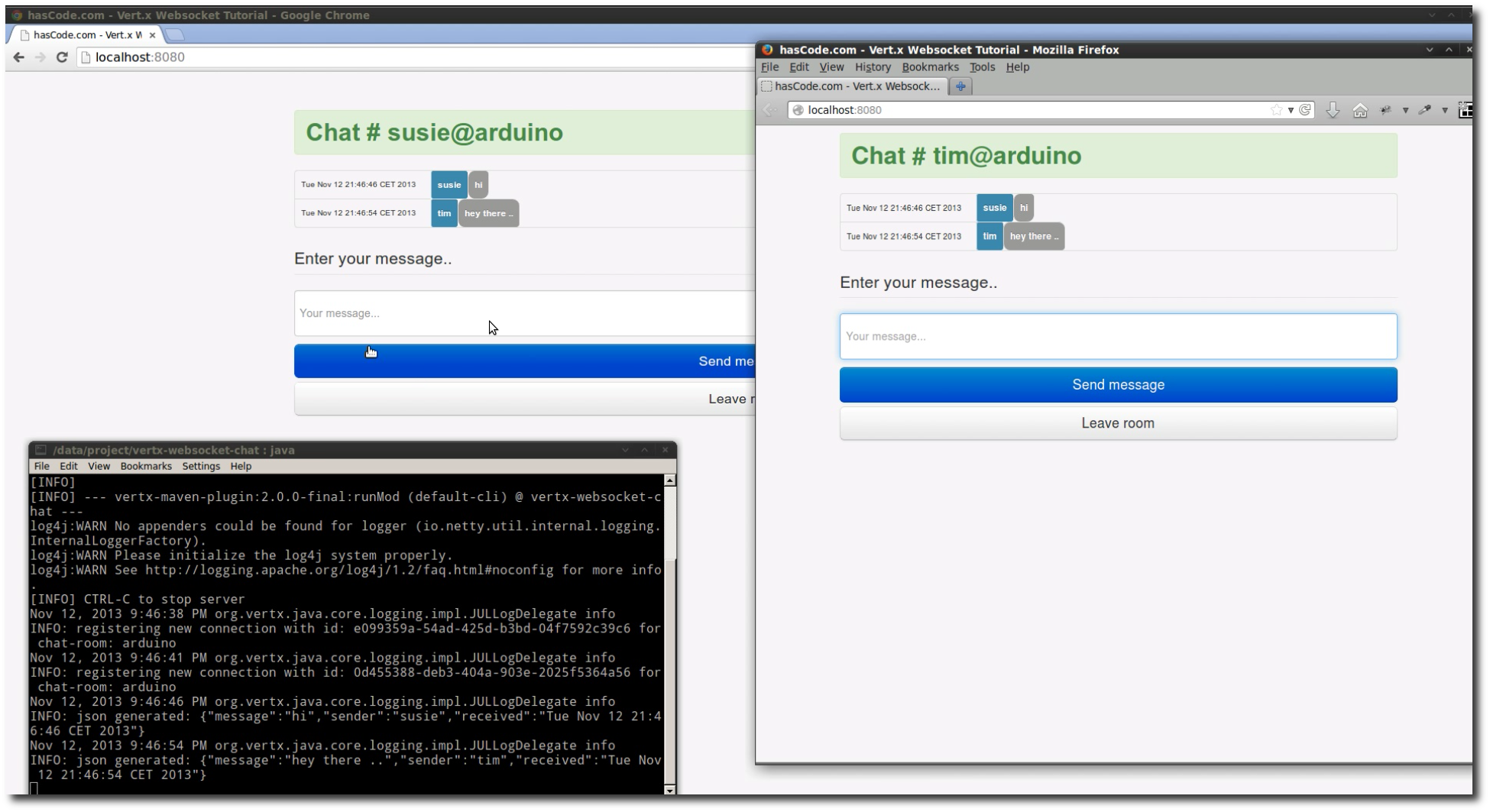Java Jdk 7 Archive
This page gives access to instructions for installing the JDK and JRE on Oracle Solaris. 1 JDK 8 and JRE 8 Installation Start. To run Java applets in a. Wget/curl download of Oracle Java 7 SDK from the Oracle Archive. Which recently has been moved to the Oracle Archive. Wget/curl download of Oracle Java 7 SDK from the. 7 SDK which recently has been moved to the Oracle Archive. JAR (Java Archive) is a platform-independent file format that aggregates many files into one. Idm 6.15 Crack And Keygen. Multiple Java applets and their requisite components (.class files.
Having had Java as the programming language of the vast majority of my undergraduate courses, as well as the language I program in every day, I am most comfortable and fluent in it. When I return to Java after using different languages such as,, or Ruby, I’m always left with a bitter taste in my mouth. There are some things Java just makes way too hard, verbose, and painful to accomplish. It’s for that reason that I’m learning, what could be (simplistically) described as a cleaned up, more succint version of Java. Asymmetry in standard libraries.
Symmetry is an important feature of a library; it basically means that methods come in pairs. For instance, you’d expect that a class with a read method has a write method, or one with a set method has a get method. Grey's Anatomy Season 12, Episode 1 Torrent. (That’s not always the case, certainly, but API writers often strive for symmetry.
See As another example, there’s both a method to convert from an array to a list (Arrays.asList) and there is a method to go the other direction (List.toArray()). Unfortunately, not all of the Java library APIs adhere to this convention. The one that bothers me the most is in the String library. There is a String split method that breaks a String up around a given regular expression, but no corresponding method to reconstitute a String from a collection of other String objects, with a specified separator between them. Print Job Monitor 3.5 Crack more.
This leads to code like the following to comma separate a collection of strings. What this all boils down to is that there’s no great way to accept an Iterable collection of objects. If you accept an Iterable, you close yourself off to arrays and iterators. You’d have to convert the arrays to a suitable collection type by using the Arrays.asList method.


It would be great if we could treat arrays, collections, etc., agnostically when all we want to do is iterate over their elements. Lack of type inference for constructors with generics Yes, we all know we should program to an interface rather than to a specific implementation; doing so will allow our code to be much more flexible and easily changed later. Furthermore, we also know we should use generics for our collections rather than raw collections of objects; this allows us to catch typing errors before they occur. So in other words. I use Java on a daily basis for about 90% of the work I need to do.
I’m comfortable with it, I understand its syntax, it’s fast, it’s powerful. After being exposed to languages like python and scala, certain issues in Java stand out in stark contrast, and thus I’ve enumerated a few of the reasons that Java annoys me on a daily basis. Fortunately excellent libraries exist to correct many of the annoyances, but it’s painful to have to use them to do such basic things as joining a list of Strings with a given separator character, or creating a variable sized list of primitive types. Fortunately Java continues to evolve, and at least some of my irritations will be fixed in JDK 7.